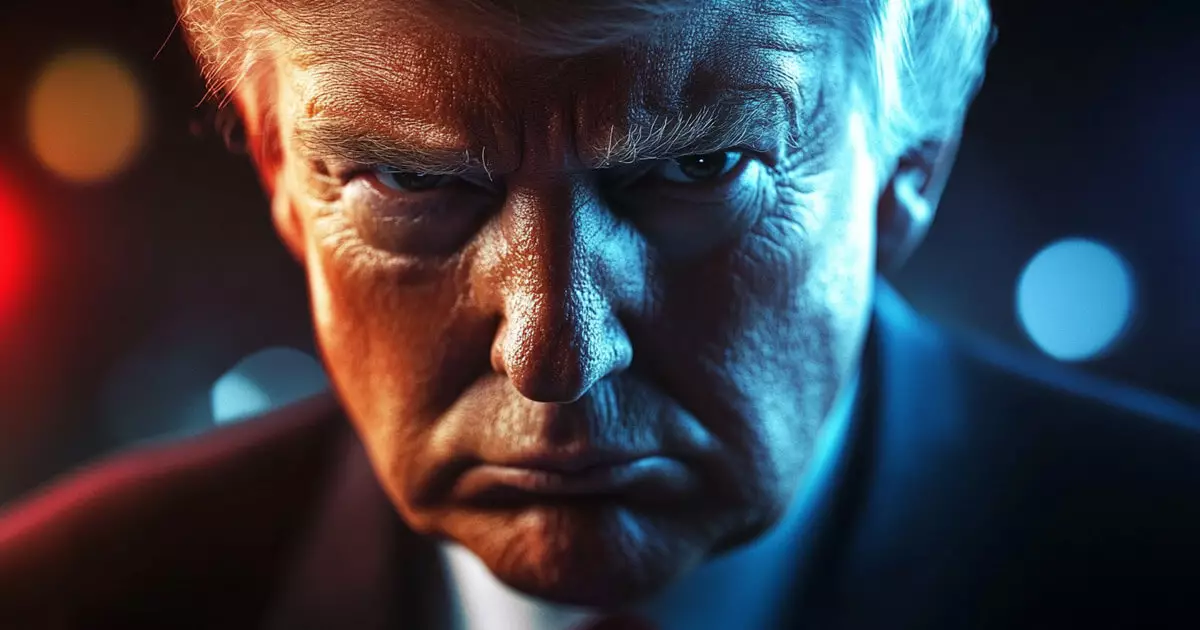In the wake of the recent elections, the political landscape surrounding the Securities and Exchange Commission (SEC) is rife with uncertainty, particularly concerning the role of its chair. President-elect Donald Trump’s potential nominee, Paul Atkins, has garnered attention as a frontrunner; however, recent reports suggest that he may not be as enthusiastic about stepping into the position as previously thought. The challenges of reforming what many perceive to be a mismanaged agency under the current leadership have made the role less appealing for Atkins.
The SEC has been under scrutiny, especially in light of the complexities surrounding regulation in the evolving markets of digital assets and cryptocurrencies. Such regulatory challenges require a leader who not only understands the intricacies of the financial landscape but also possesses the acumen to navigate significant political and public expectations. This scenario is compounded by concerns that outgoing Chair Gary Gensler may have left the agency in disarray, necessitating an arduous turnaround strategy for any incoming chairperson.
Atkins, who previously served on the SEC from 2002 to 2008, is reportedly weighing his options carefully. His decision to accept the nomination hinges not solely on his perspective about the position but also on the fate of his consulting firm, Patomak Global Partners. This situation presents a classic conflict of interest for potential nominees; taking the SEC chair position would require him to divest from his business interests, raising questions about the future viability of his consulting firm.
His reticence underscores a critical consideration for many potential candidates: balancing public service and private enterprise. If Atkins decides to accept the role, it raises significant implications—both for him personally and for the broader financial regulatory environment. The possible exit from his firm may not just affect his career trajectory, but it also accentuates the tension between regulatory responsibilities and the realities of the private sector.
Despite his hesitance, Atkins has garnered vocal support from influential figures like former Commodity Futures Trading Commission (CFTC) Chair Chris Giancarlo. Giancarlo’s endorsement highlights a broader consensus on the need for reform and revitalization of the SEC. Notably, Giancarlo has made the case for Atkins as the right choice to restore credibility within the agency, particularly regarding the increasingly contentious realm of digital markets.
However, should Atkins decline the offer or fail to satisfy his prerequisites, the Trump administration may shift its focus to other potential candidates. Names like current SEC Commissioner Mark Uyeda and former CFTC Chair Heath Tarbert have emerged in speculated discussions as alternative options. Even Robert Stebbins, a partner at law firm Willkie Farr & Gallagher LLP, has been identified as a possible contender.
Navigating the leadership of the SEC at this juncture is no small feat, especially in a rapidly evolving financial landscape marked by digital innovation. For fans of reform and accountability, the decision surrounding the SEC chair position is crucial. The choice not only impacts the agency’s operational effectiveness but also the perception of regulatory compliance within the broader market continuum. Thus, as the political winds shift, all eyes will be on Paul Atkins—and whether he will embrace this formidable challenge or step back into a more comfortable realm.


Leave a Reply